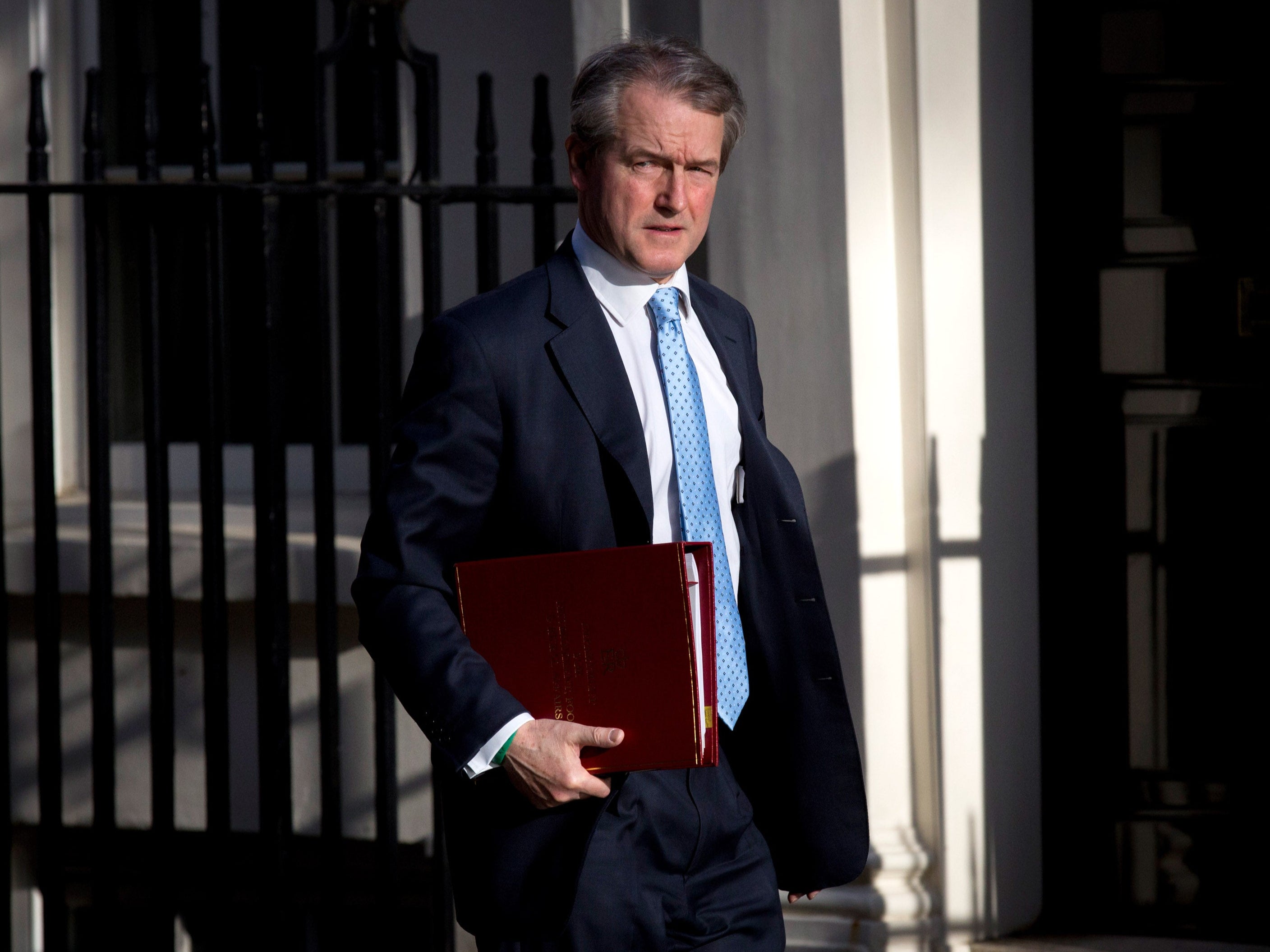Second jobs are just the tip of the iceberg. We need to ask ourselves what we really want from our MPs
The debate over whether we should restrict MPs to their day jobs is interesting, because it isn’t really about what they do outside of politics, writes Marie Le Conte


Should MPs be allowed to have second jobs? The public is divided on the issue. According to a survey conducted by Redfield & Wilton Strategies, 42 per cent of voters believe that additional earnings for politicians are acceptable as long as they are publicly disclosed. In addition, a whopping 67 per cent believe that those earnings should be capped.
There is no equivalent data for the people working in or around politics but, as the past two weeks in parliament have shown, it is clear that they are split as well. On the one hand, there is the argument that MPs should solely be focused on their work in the constituency and in Westminster, and that even jobs that are not conflicts of interest remain a distraction.
On the other, there is the belief that parliament benefits from attracting the best and brightest, and that restricting MPs to their day jobs would mean losing some sharp and much-needed minds. It is an interesting debate, because it isn’t really about second jobs. Instead, a question that would be more useful to ask is: what do we want from our MPs?
It is easy to forget, but their job has changed beyond recognition over the past few decades. For most of the 20th century, it was impossibly easy for a single man in possession of a good fortune to gain a seat in the House of Commons. Constituencies seamlessly passed from fathers to sons, and expectations were comically low, both in the chamber and out of it.
In fact, it was perfectly normal for MPs to rarely be seen in their seats; Churchill famously only went to Dundee once a year, and hardly was an exception. Similarly, parliamentarians could go for months and years without speaking in debates, with no repercussions for their careers. It was also acceptable for part-time politicians to only pipe up on topics related to their primary job, as is now more common next door in the House of Lords.
It feels like an entirely different world from the one we live in today, especially because there was no watershed moment. Parliamentary proceedings being televised led to more MPs believing they should speak in the chamber, the selection process changed over time, New Labour MPs were encouraged to be more locally active, and so on.
Because it was an incremental revolution, no one ever stopped to ask what it meant, or should mean. This has led to some inconsistencies, exemplified by the fact that politics is now a profession, but politicians who have never worked outside politics remain frowned upon.
On a broader level, there is a tricky question to be asked about the relative merits of great individual MPs and the overall competency of the chamber. To put it bluntly, those who argue that banning second jobs entirely would probably turn some good people away from the Commons have a point.
To keep up to speed with all the latest opinions and comment sign up to our free weekly Voices Dispatches newsletter by clicking here
MPs with rich careers outside Westminster can offer expertise others cannot, and at least some will refuse to sacrifice every aspect of their past life in order to enter parliament. However, refusing to close these loopholes would also allow lazy and greedy politicians to sit pretty on the green benches while looking elsewhere for extra dosh. For every potential star, the house gains a certain dud.
On the other hand, the increasing professionalisation of our political class has given Britain a sharper House of Commons. It would be unthinkable for an MP to never spend any time in their constituency, and backbenchers not singing for their supper in the Commons are now few and far between.
This is what people miss when they argue that yesterday’s big beasts were better than today’s will ever be; we may have fewer highs, but that is because we got rid of many of the lows. Was it a bargain worth making? Well, that depends on what you want from your MPs. This is the real question that will need answering over the next few months and years. Second jobs are only the tip of the iceberg.



Join our commenting forum
Join thought-provoking conversations, follow other Independent readers and see their replies
Comments